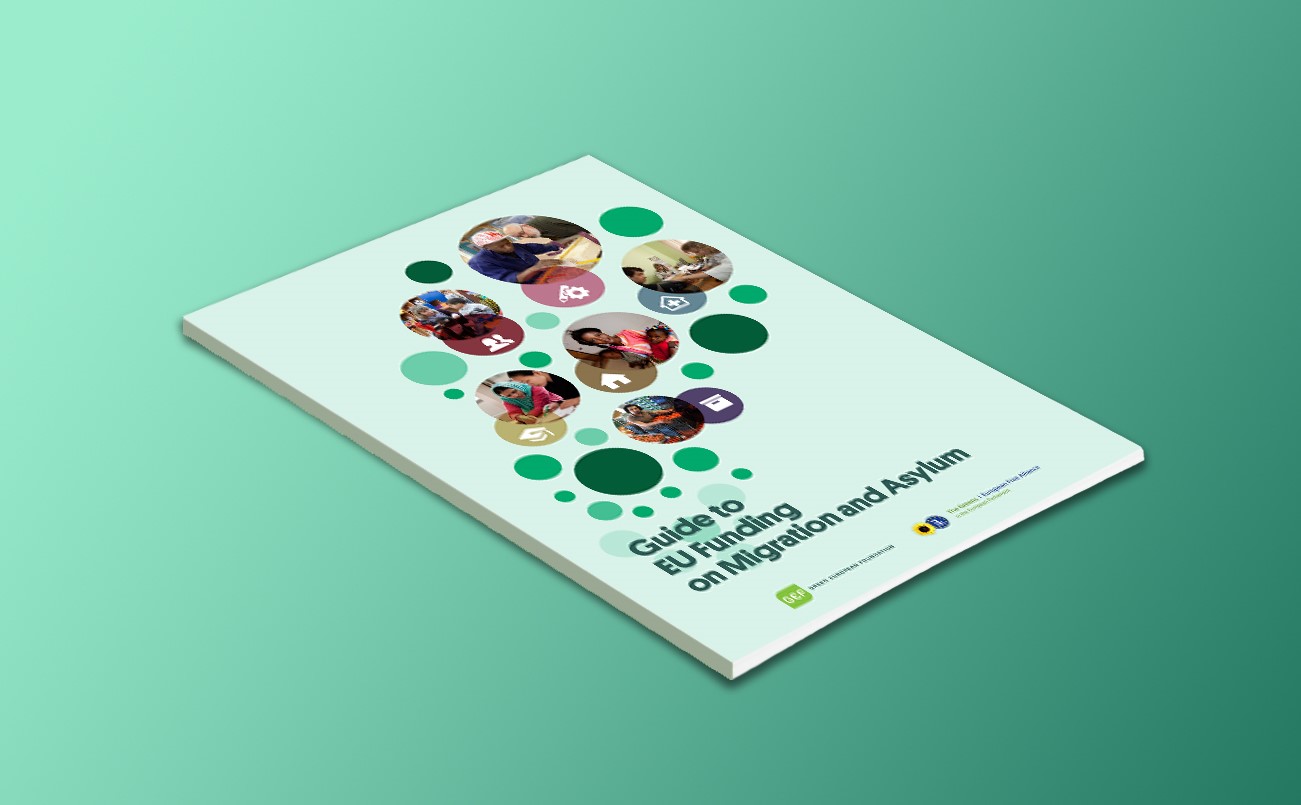
The workshop addressed the need to develop a new and positive narrative on migration and refugees to create public interest and counter the anti-immigration and xenophobic rhetoric in European countries. The event was held on Friday, the 2nd of December, between 19h00 and 20h30 at the 25th Council Meeting of the EGP in Glasgow. It featured an insightful debate with relevant speakers, listed here:
- Noureddine Erradi, Chairman, Integration for All
- Maria Giovanna Manieri, Advisor on Civil Liberties, Justice and Home Affairs, Greens-EFA Group in the European Parliament
- Olga Kikou, Director of Green Institute Greece and GEF Board Member
The debate will be moderated by Susanne Rieger, Europe representative, Foundacio Nous Horitzons & GEF Co-President.
BACKGROUND:
In 2016, the majority of European citizens see the “migration crisis” as the biggest threat to the EU, ahead of the threat of terrorism. While the majority of EU citizens are in favor of an EU policy on migration, just above a third of Europeans say that immigration of people from outside the EU evokes a positive feeling while a majority of citizens have negative views. This development in public opinion goes hand-in-hand with the emergence of right-wing populist movements and parties who propose a narrative around migration based on feelings of fear and uncertainty.
Throughout 2016, the Green European Foundation, together with Fondacio Nous Horitzons (Catalonia), Green Foundation Greece, EQUO (Spain), Green Economics Institute (UK) and Institute for Political Ecology (Croatia) developed a project to highlight the local context as a space in which the European and national realities intersect in their impact on the well-being of refugees and asylum seekers. As a result of this project, the need to develop a new narrative on migration was identified as a means to counter the current negative sentiments on the topic.



